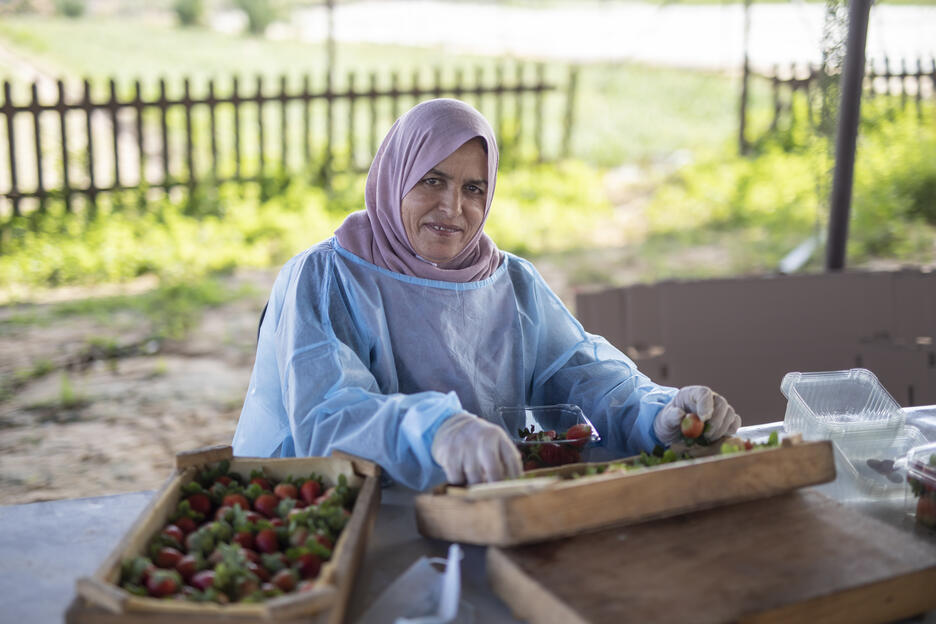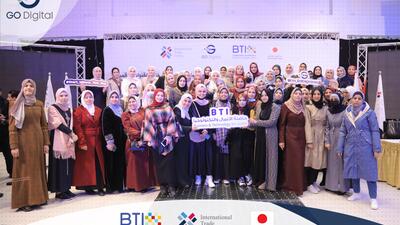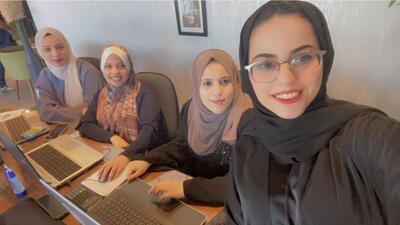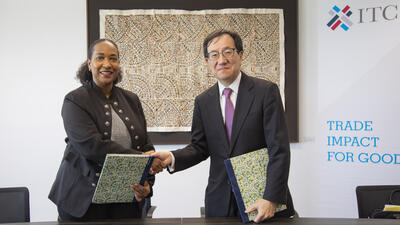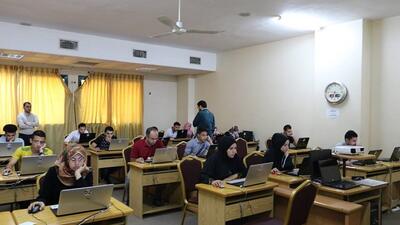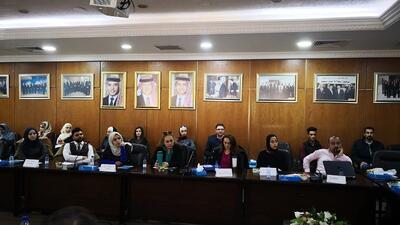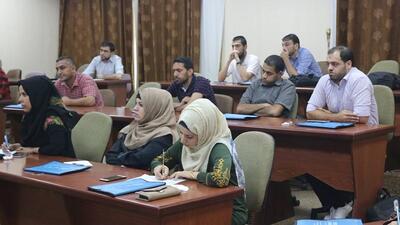
How to turn COVID-19 to your advantage
Palestinian agribusinesses moved online in response to the pandemic – and export better than ever before
Not only has the COVID-19 pandemic shown the importance of adaptability and adopting new technologies, it can also trigger unimagined success.
Here is why: In early May 2020, we surveyed Palestinian farmers and food processors benefiting from our project that focuses on supporting small businesses in understanding the requirements of and getting exposure to international markets. We found that the pandemic had severely affected their business operations. At the time, 35% of the 29 micro, small and medium-sized enterprises interviewed did not expect to survive.
Consequently, we changed the format of our intervention and shifted to digital channels. This change has triggered a more significant impact than initially envisioned: In 2019, the project was set to support 15 businesses through trainings in trade fair marketing, a study tour, an exhibition and 15 business-to-business (B2B) meetings.
Using the new format, the project made it possible to link about 30 beneficiaries with 15 interested buyers from European markets through virtual B2B meetings. Moreover, it led to increased sales for seven businesses and new online business leads for the others by using digital marketing techniques.
Our technical assistance focused on digital marketing, digitization, developing a matchmaking platform to connect Palestinian sellers with buyers, and improving quality. We multiplied the numbers of the virtual matchmaking events with international buyers from 15 to 54, our study tours from one to four, and provided dozens of coaching sessions on impactful negotiation, effective B2B meeting participation, e-commerce, and digital content writing, among other topics.

The International Trade Centre (ITC) followed up by outlining steps that would ease the impact of COVID-19 on the project, particularly considering mobility restrictions and efforts to prevent the spread of the virus.
We decided to provide virtual one-on-one coaching sessions. The survey and the risk mitigation plan led us to switch from face-to-face webinars and exhibitions, to online activities. These enhanced the virtual matchmaking and digital marketing skills of the selected small businesses.
Our new approach helped 25 small businesses in the State of Palestine manage their online marketing functions and connect with buyers through virtual platforms and social media channels.
Instead of the two initially planned, we hired 14 local and international experts to work on digital marketing, e-commerce, web-development, digital content writing, negotiation skills, and quality aspects with the selected exporters. We also reallocated the project's travel budget and the firms learned about the requirements of international markets and commercial opportunities by participating in virtual study tours and online B2B events.
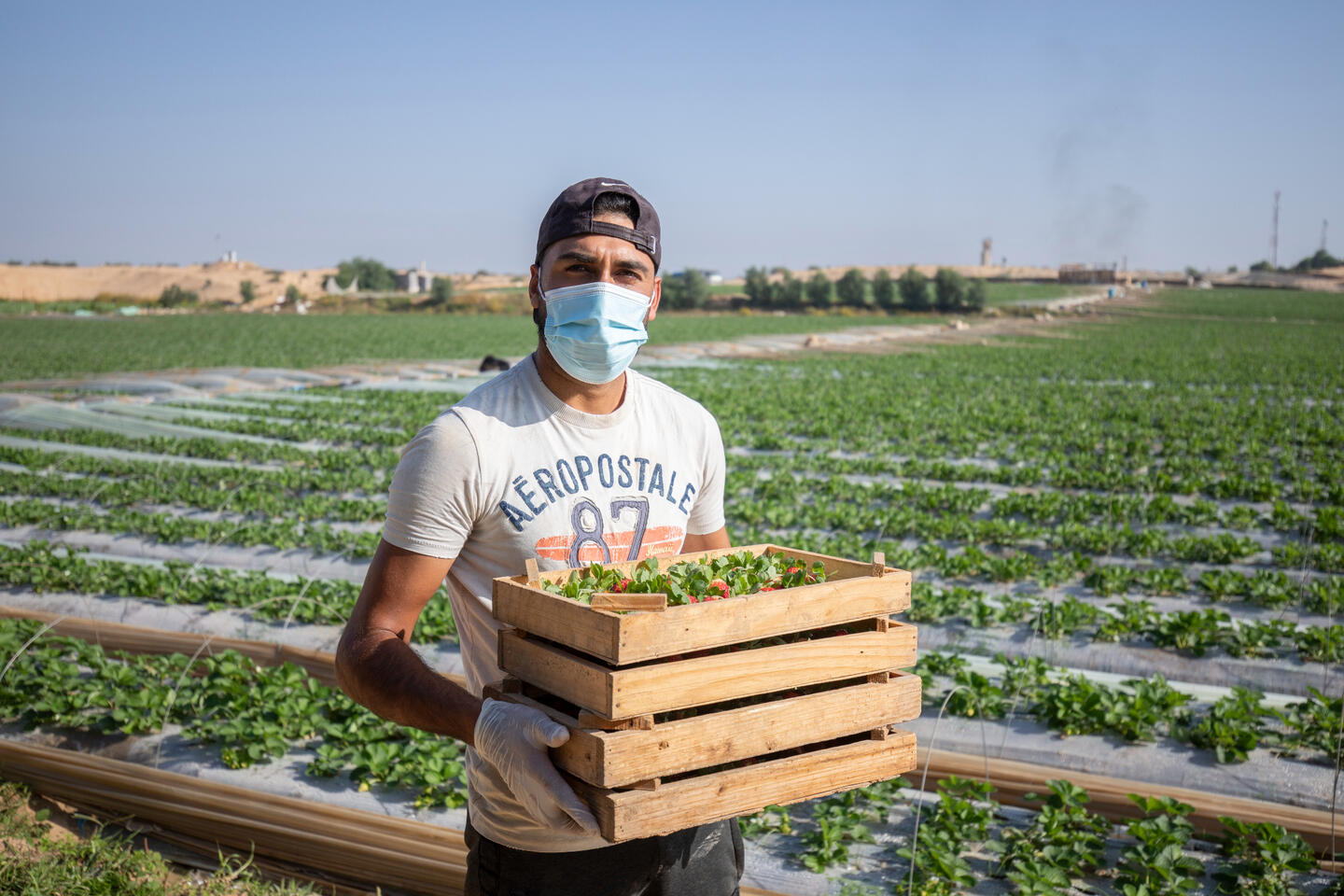
We used the resources allocated for trade fairs and exhibitions to develop matchmaking platforms, digital marketing and online skills.
In the long-term this sustainable approach will help the companies much more than a one-time business-to-business event or exhibition.
The ITC-sponsored matchmaking platform Palestinianfood.net, launched in March of 2021, features the profiles of our project participants. It has helped buyers in target markets see the products available from Palestinian agribusinesses and connect with them. So far, the site has had over 2200 visitors from 86 countries, about 1425 users visited the website multiple times, and more than 11 buyers registered on the platform (from Central Africa, France, Italy, and the Netherlands).
The UN Food and Agriculture Organization and ITC are collaborating on the project, which supports producers of dates, olive oil, strawberries, fresh herbs, and spices, including freekeh and za'atar. Denmark, the European Union, the Netherlands, Spain and Switzerland are funding the initiative.




